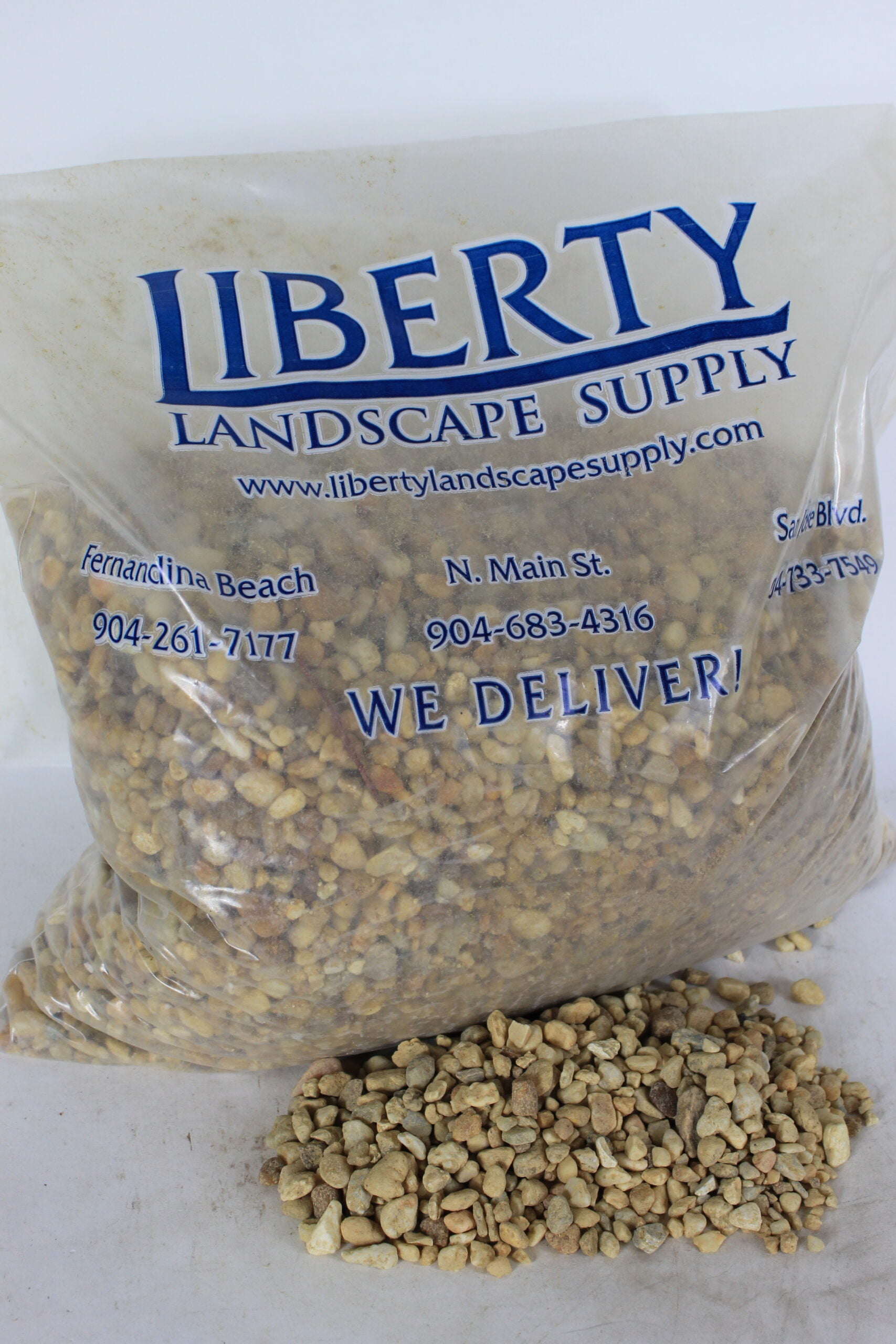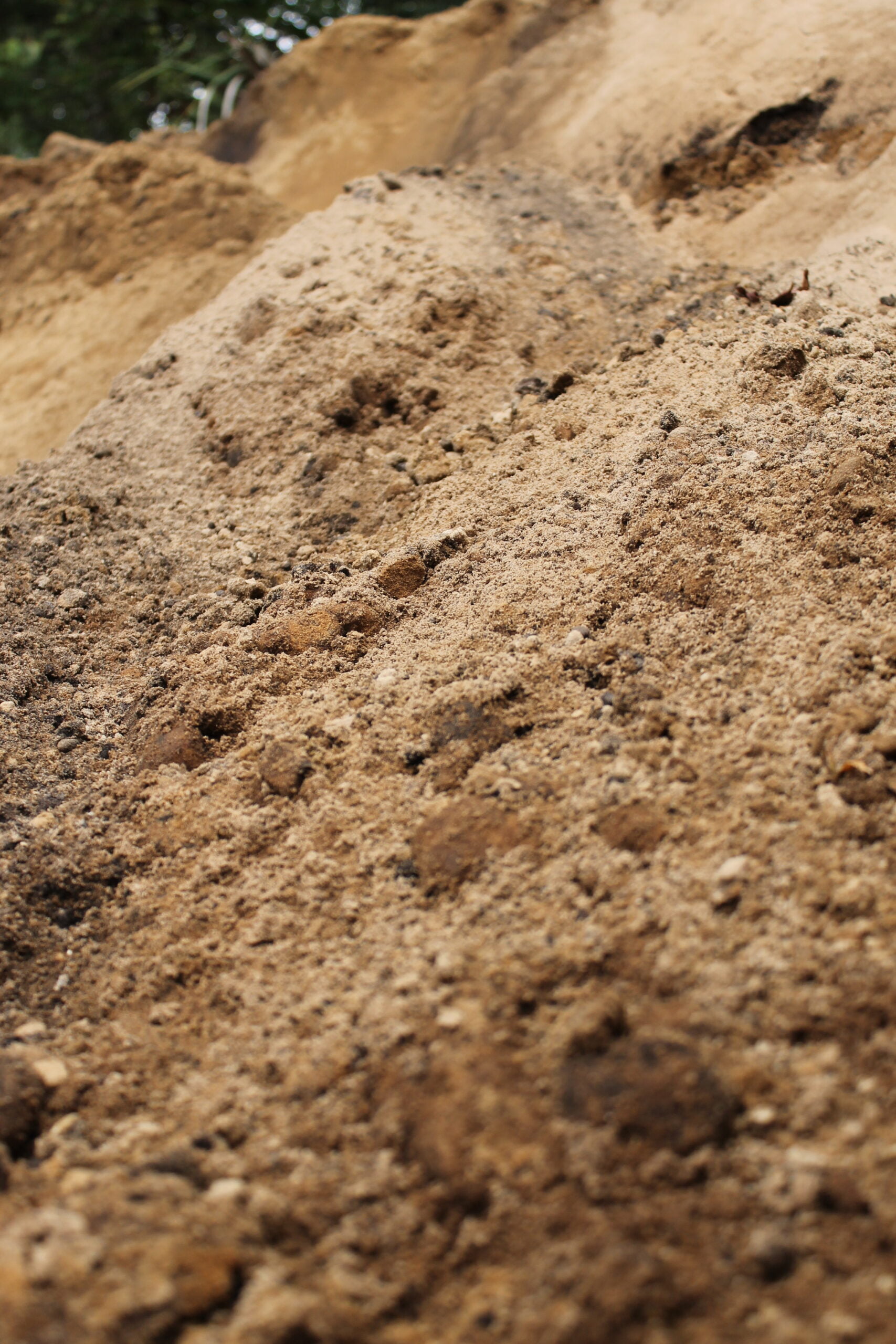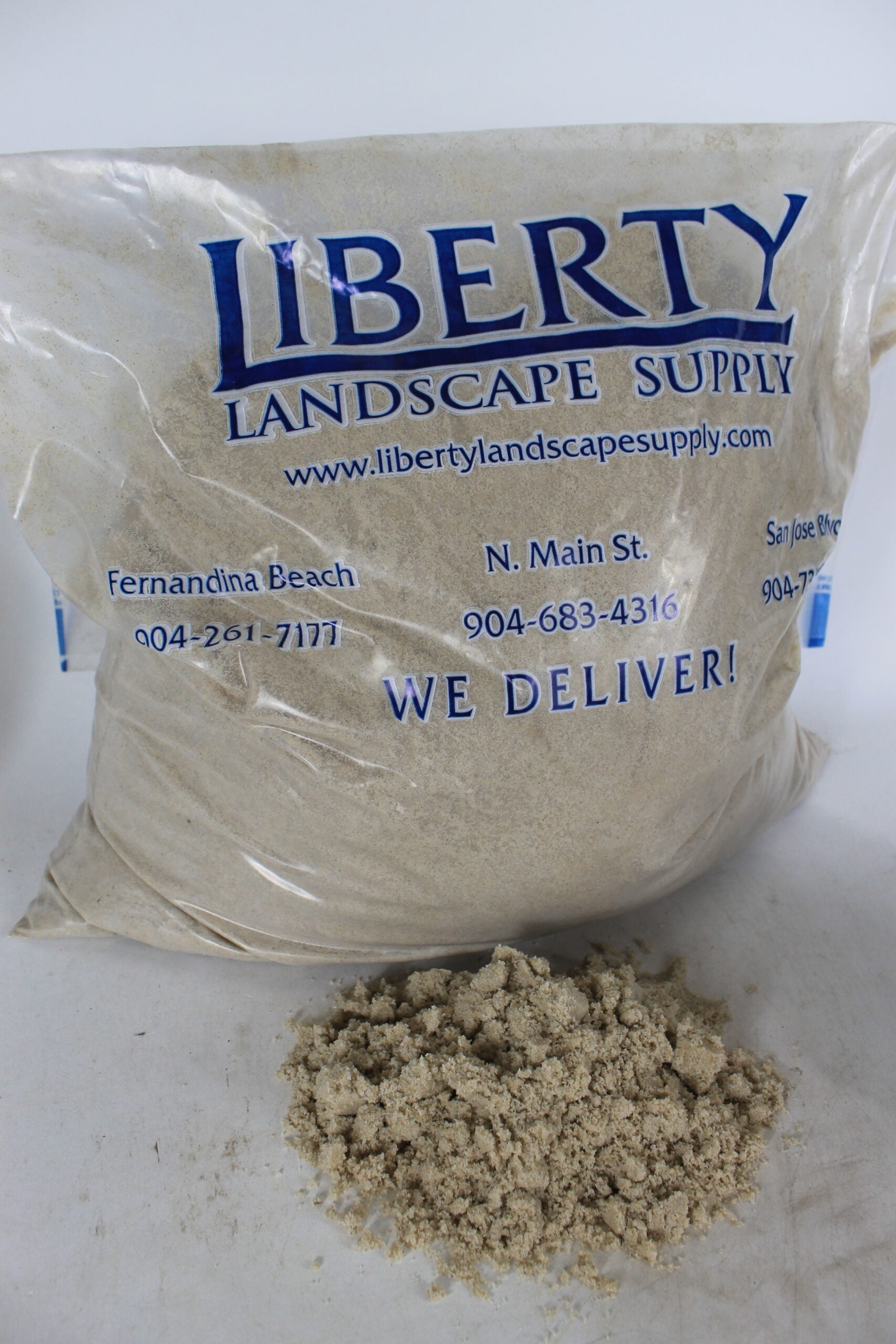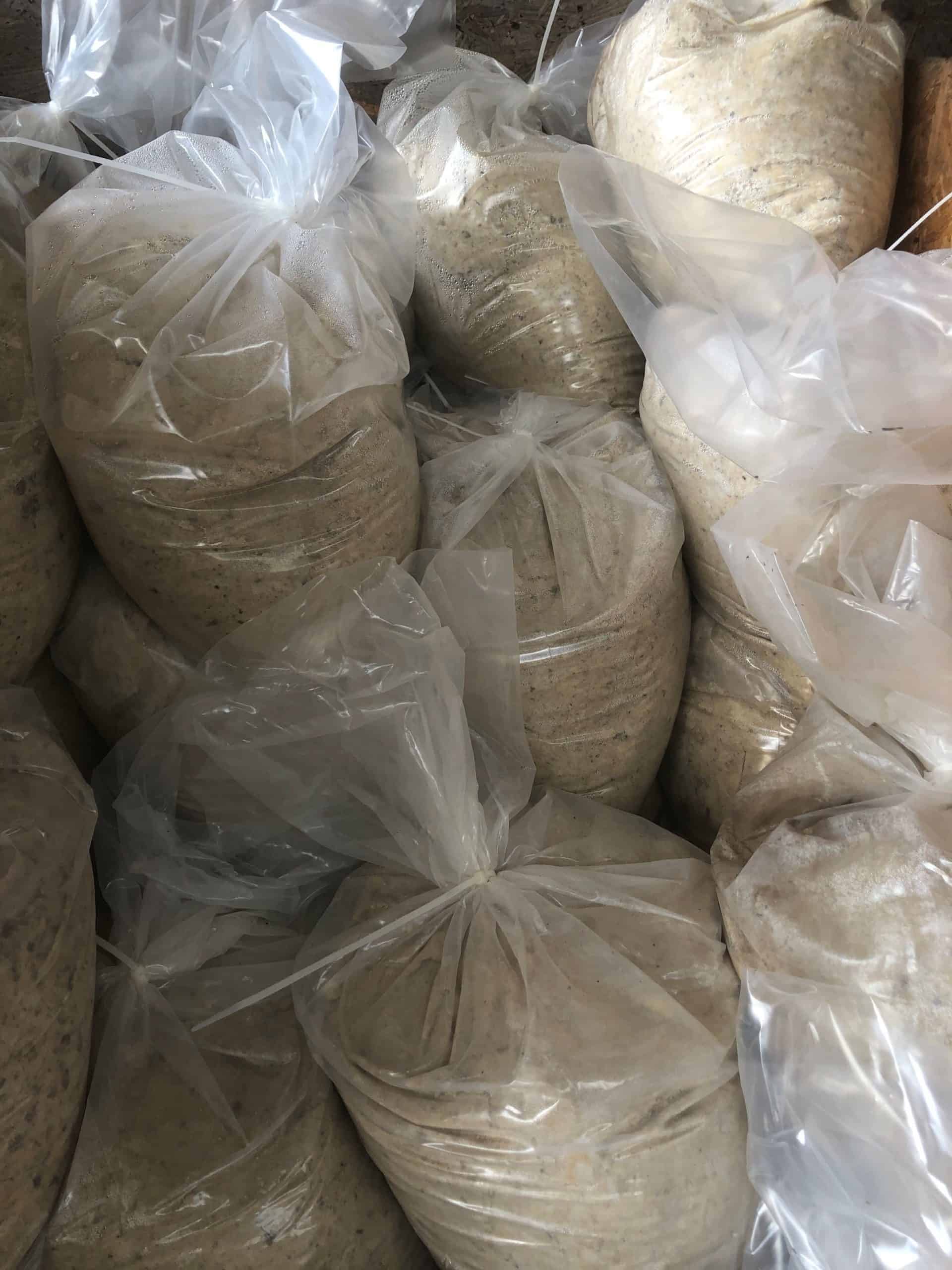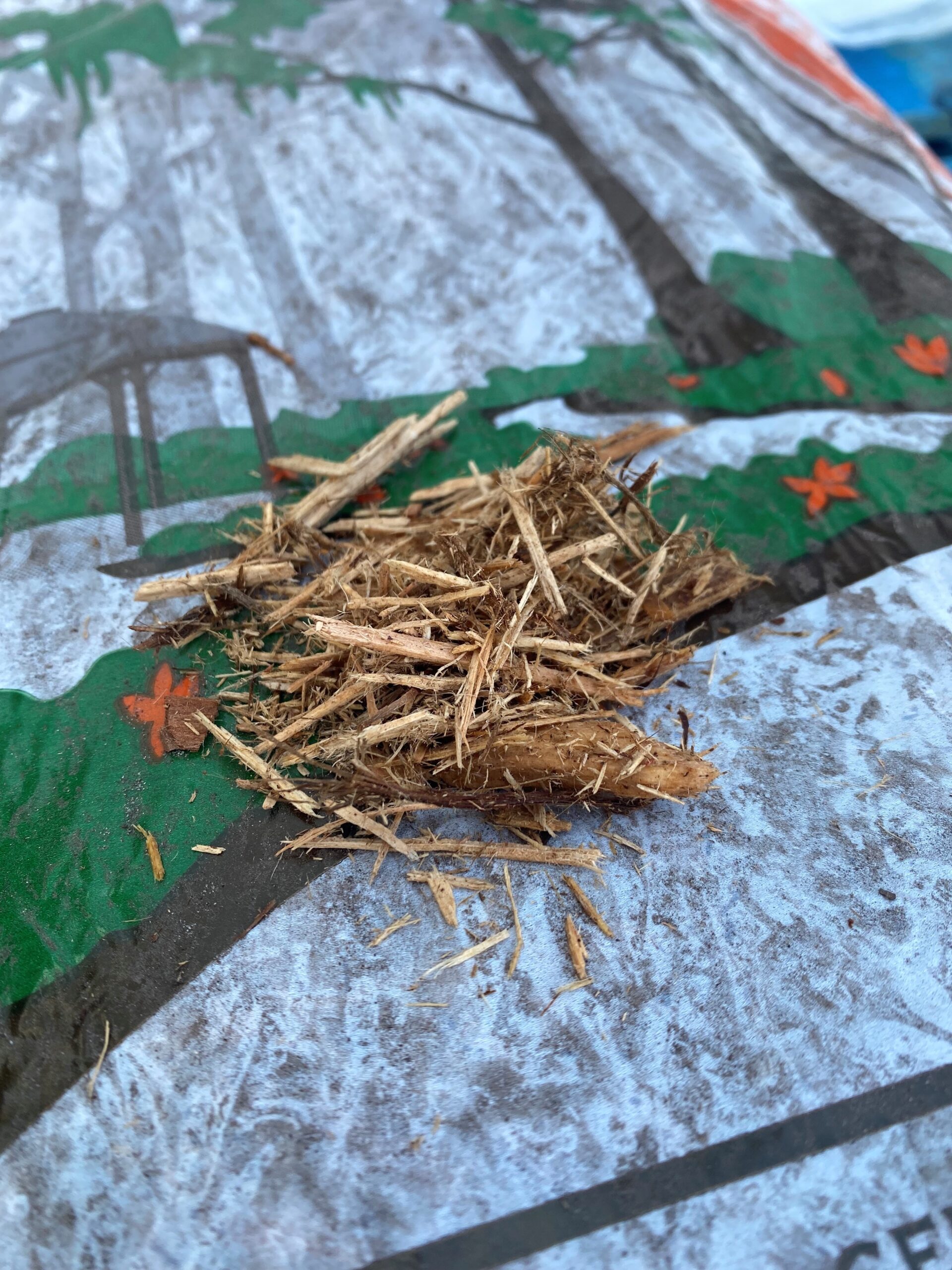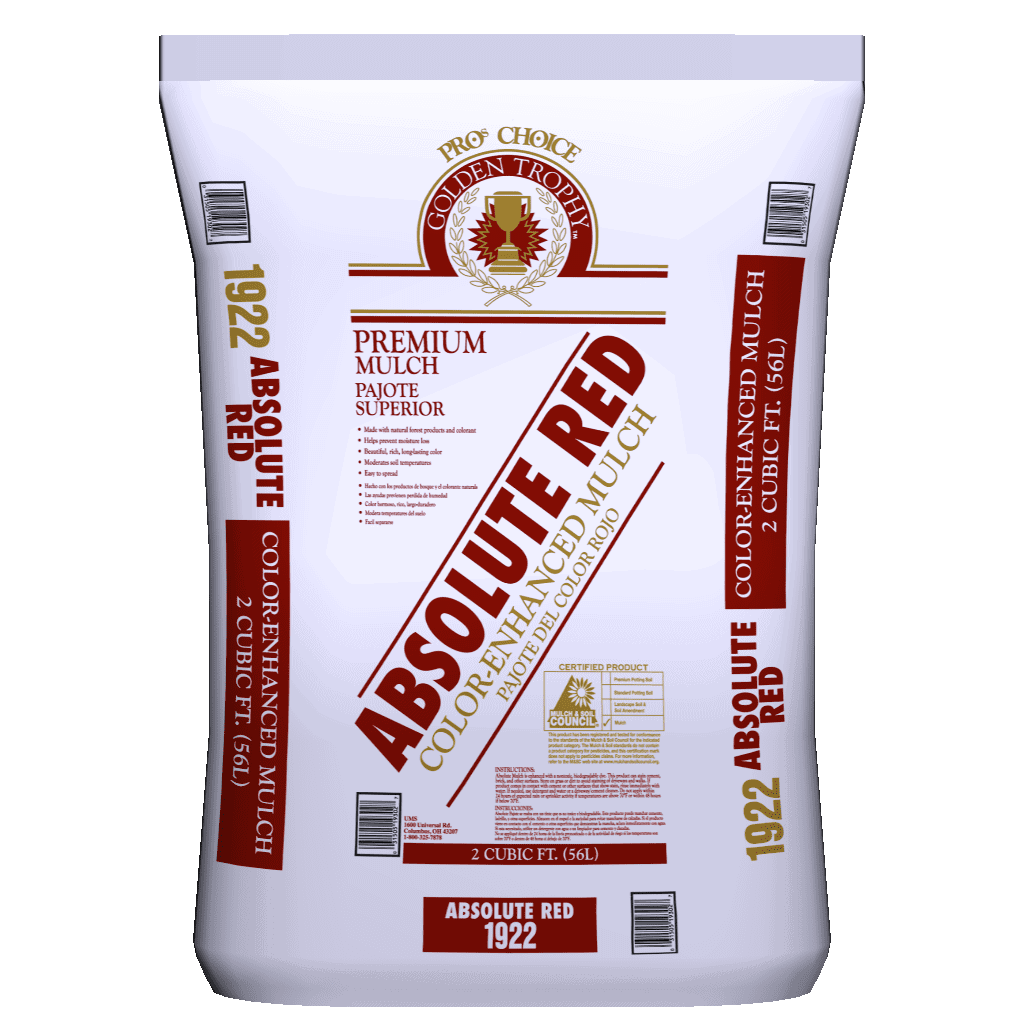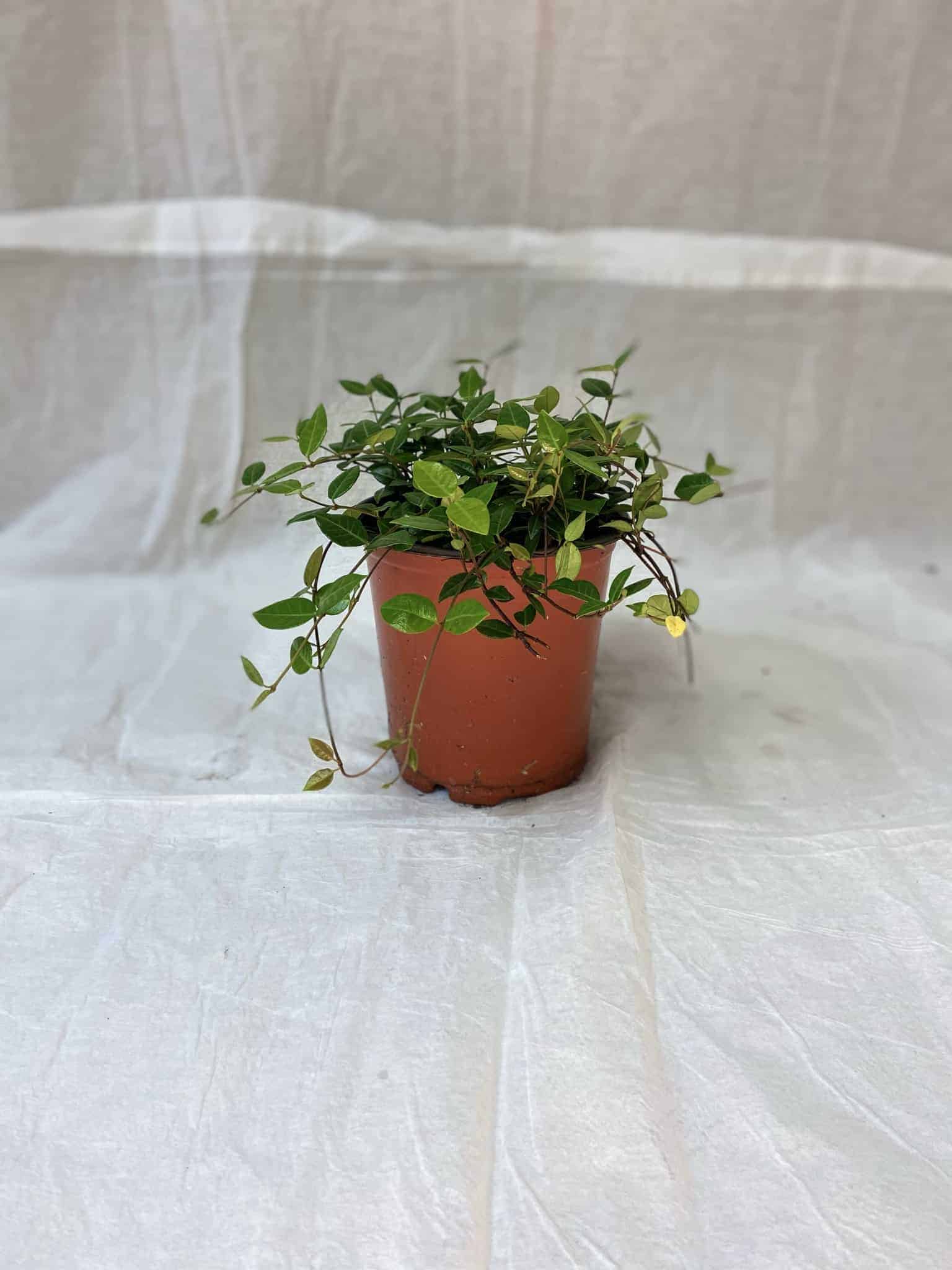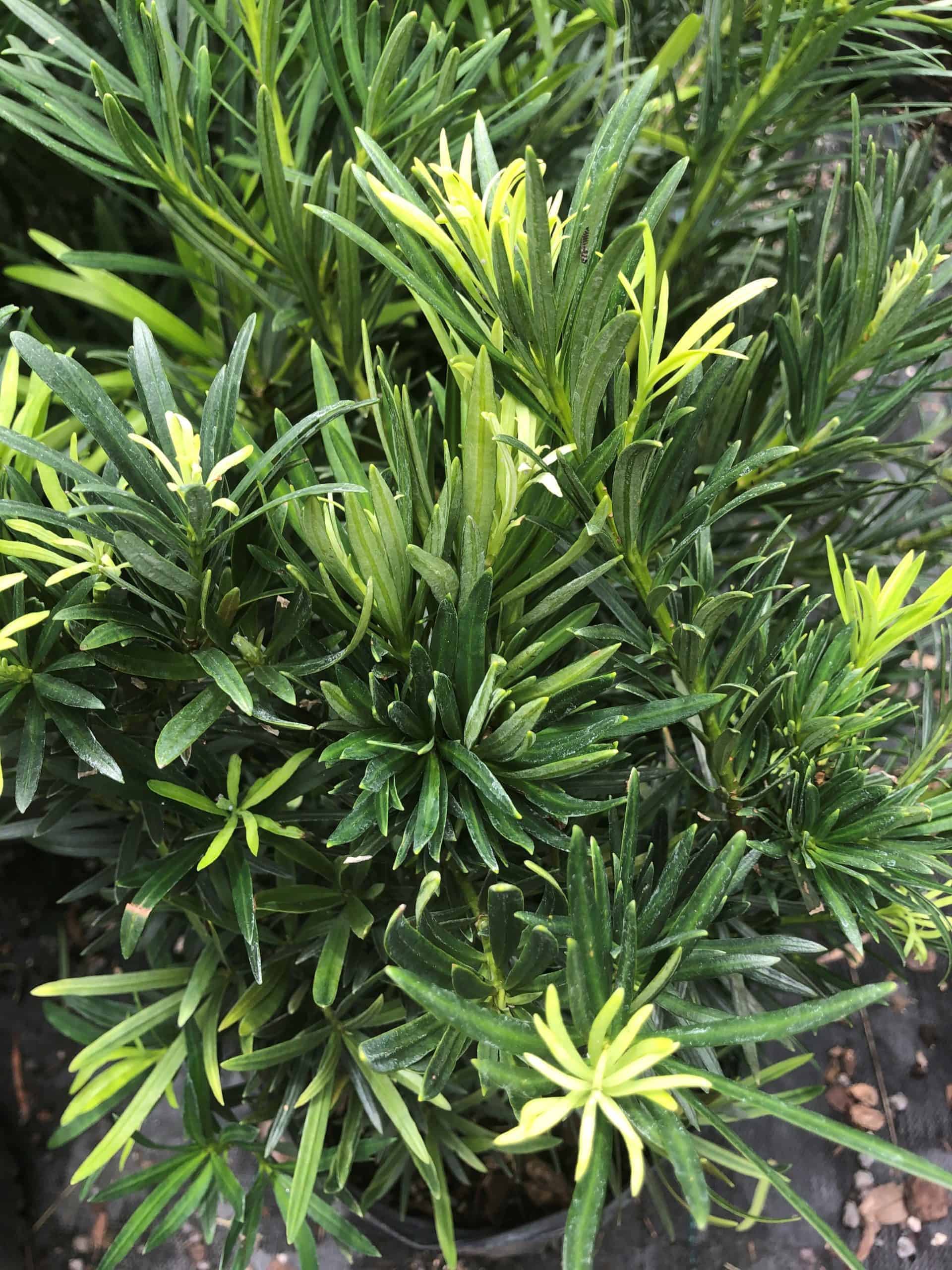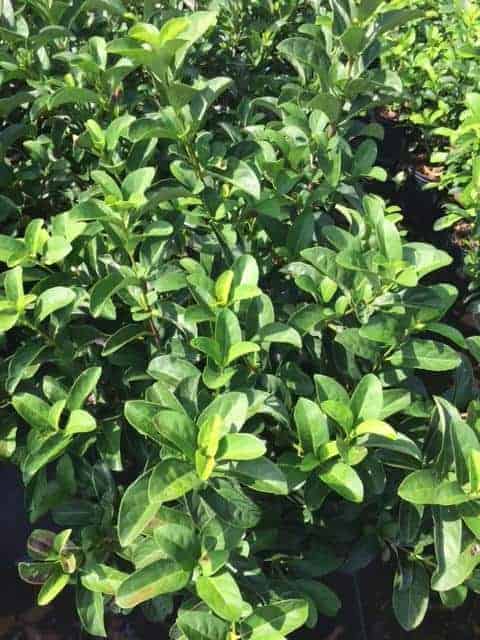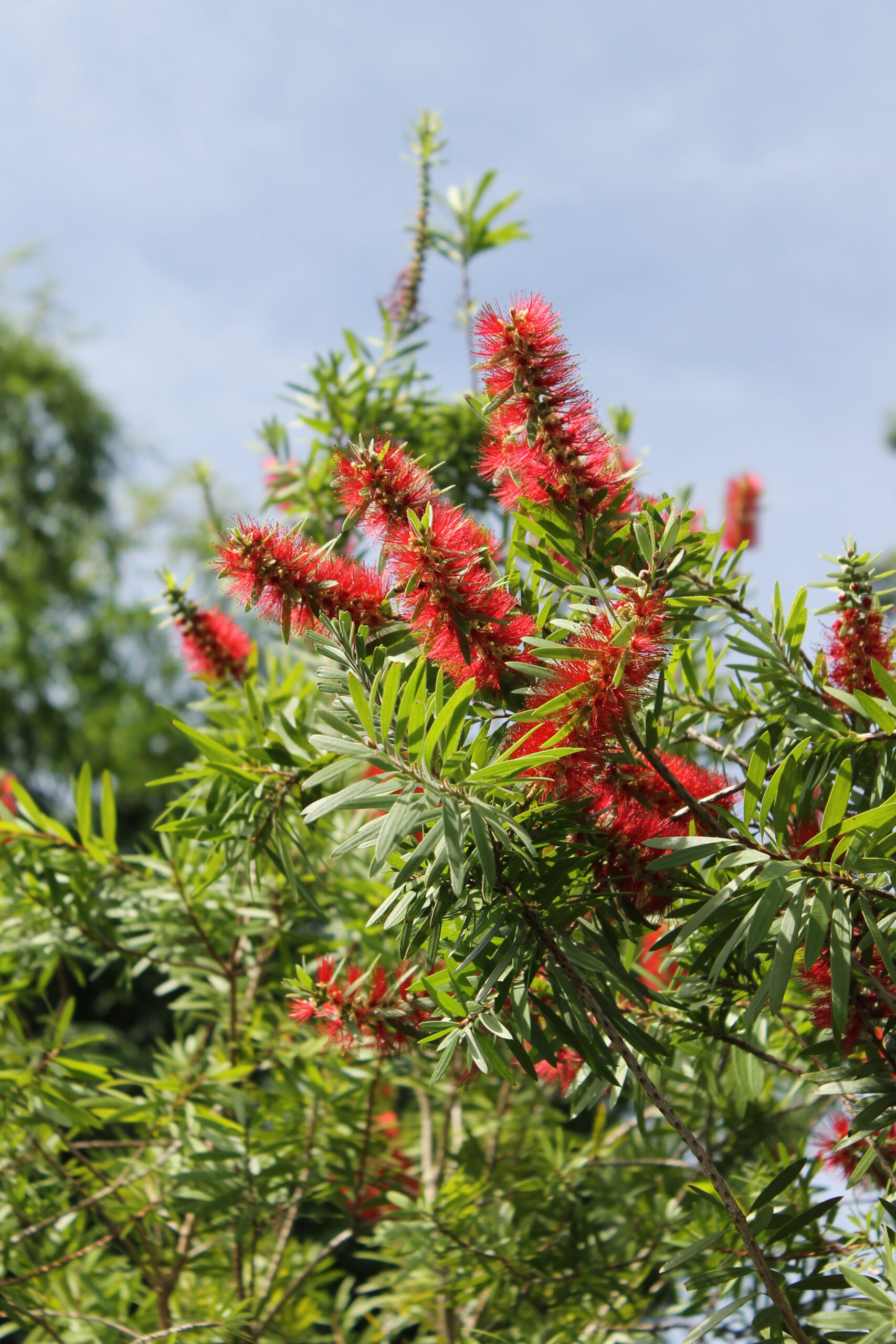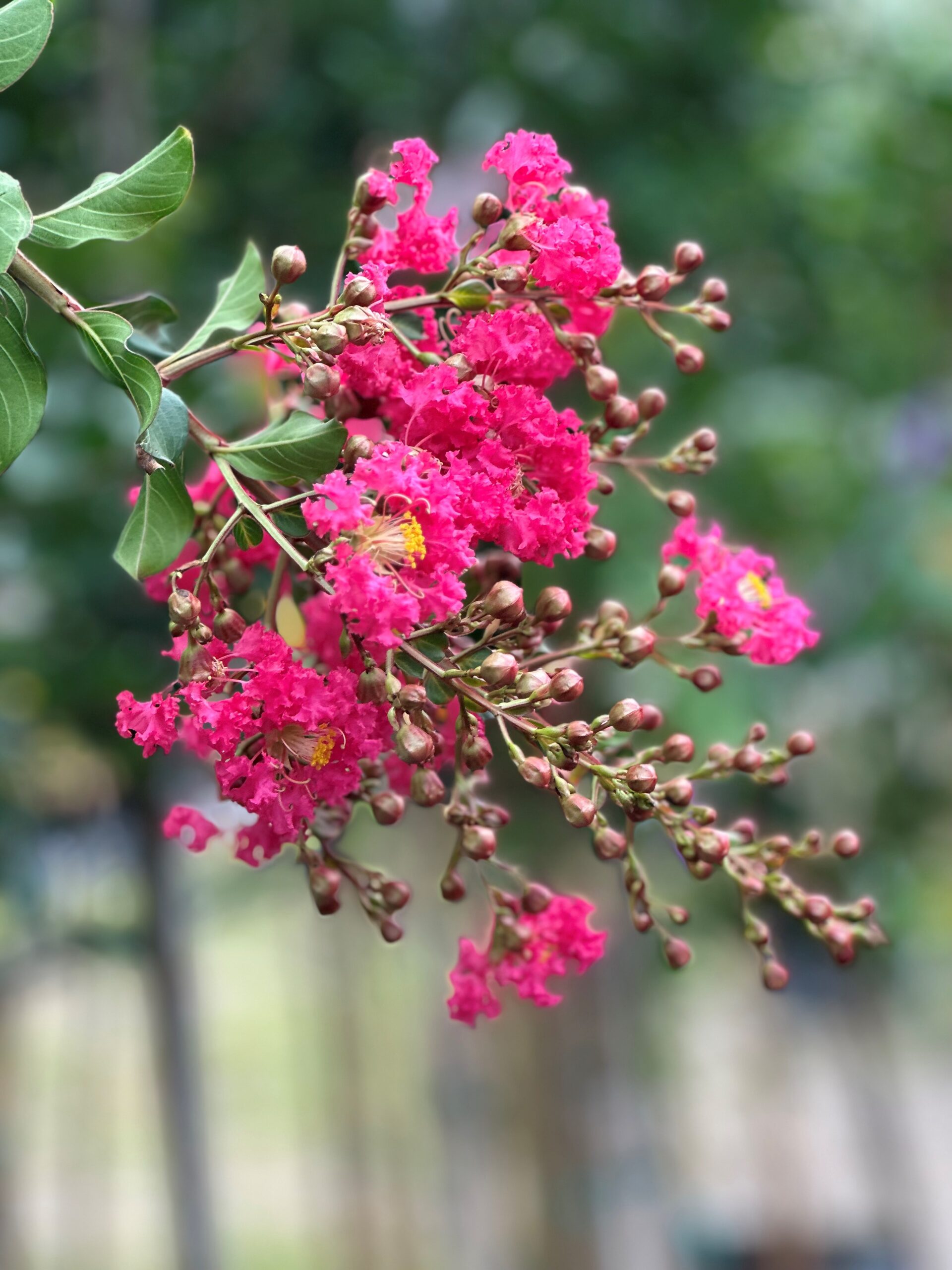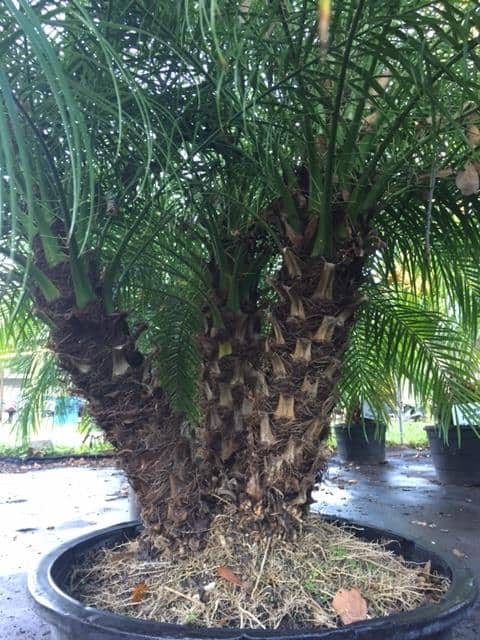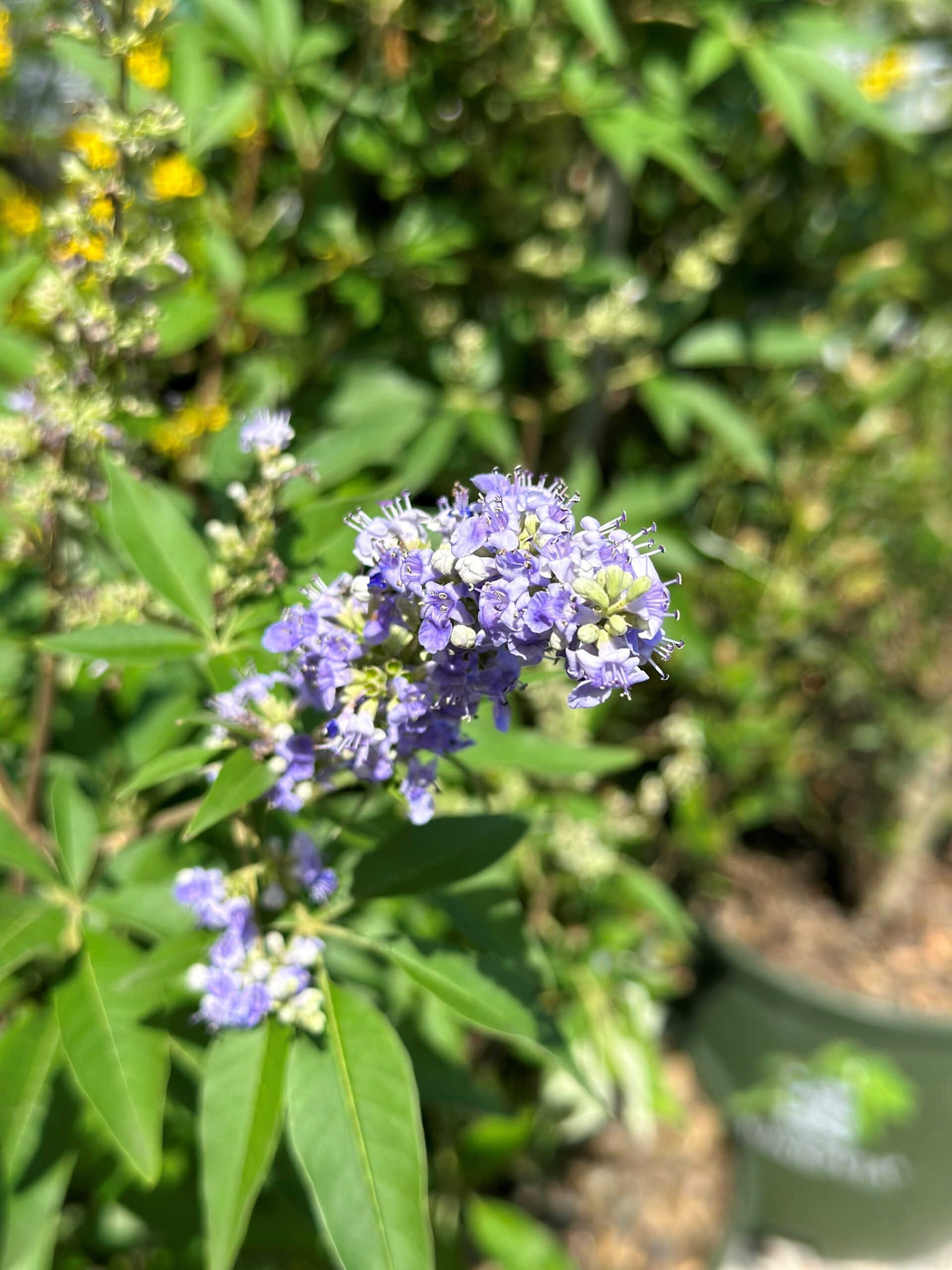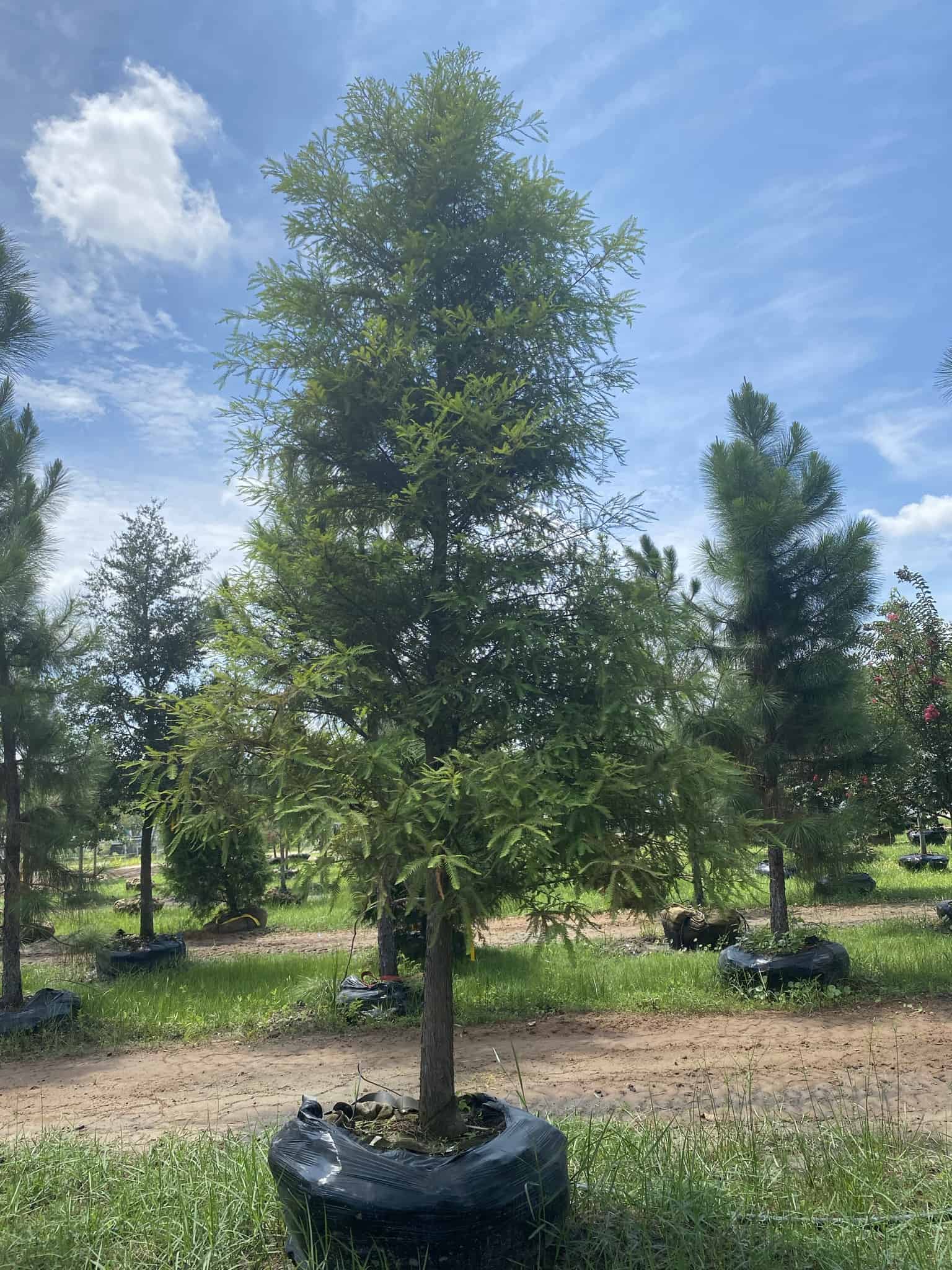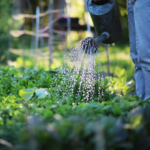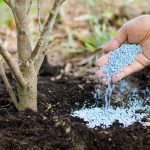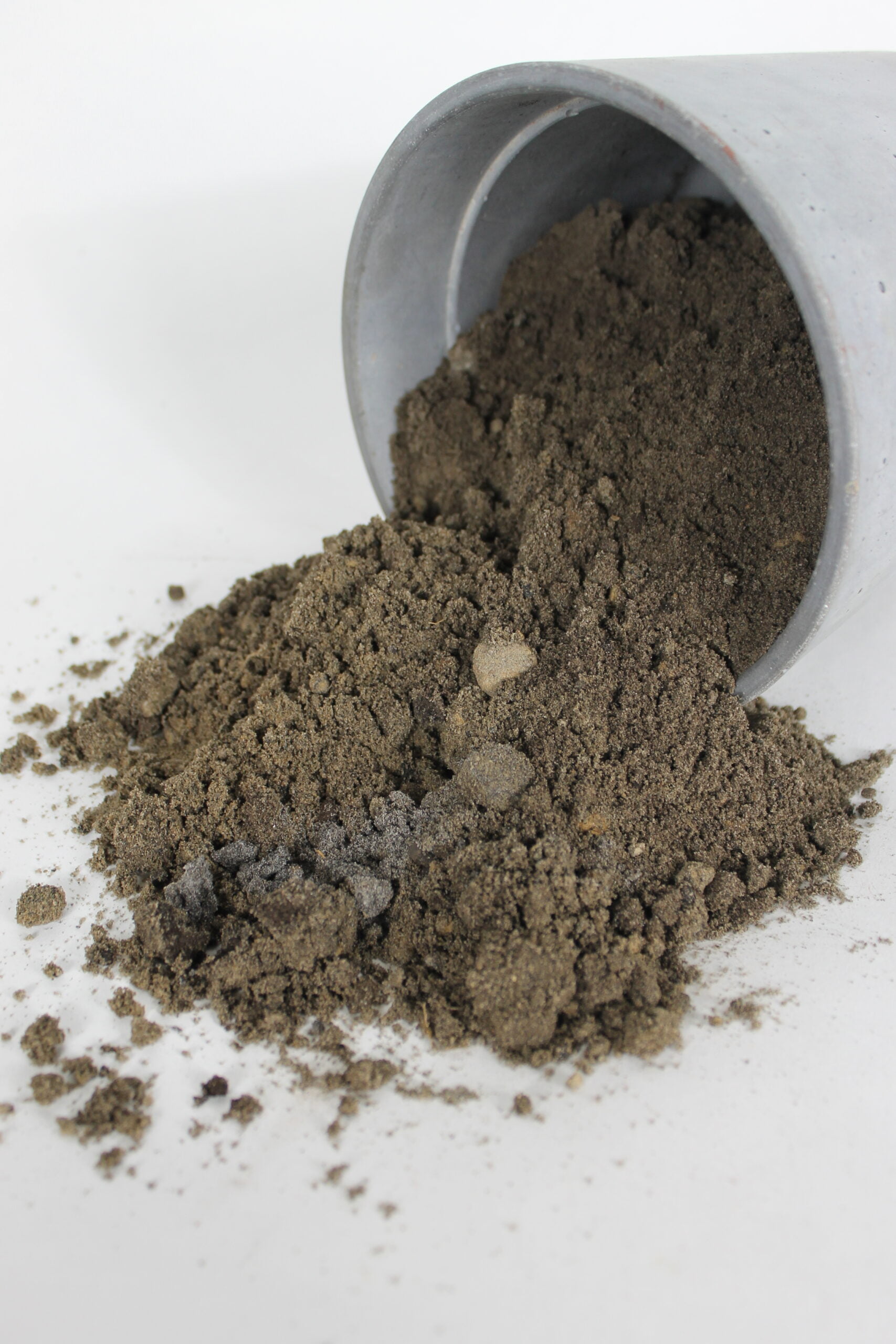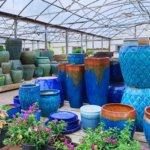Leaves are changing. Your grass isn’t growing as fast anymore.The growing season is winding down. Its time to start preparing your yard and garden for fall. Here in north Florida, many are excited to escape the heat and enjoy cooler nights and days while our friends in northern parts of the country are hoping for more warm sunny days. No matter how you feel about it fall is on its way.
Summer is now coming to an end. So the question is… What can you do now to prepare your lawn and garden for the season change? Many of us will do some late summer landscaping while others will prepare for fall. Do not put your garden hose away or turn off irrigation just yet. Your lawn still needs water in the fall. Watering in the fall helps your lawn recover from summer stress and it helps gain strength for the winter. You may want to remove your summer annuals and plan out which fall vegetables you’ll want to plant in the cooler months.
THE MOST IMPORTANT THING TO MAINTAIN A HEALTHY LAWN
1. Reseed
2. Aerate the soil in fall. (Relieves compaction caused by foot traffic. and Creates extra pore space in soil. Allows air, nutrients, water to enter the roots to help the root system thrive.)
3. Fertilizing in the fall provides energy and nutrients for the grass roots. Roots multiply in cooler weather before grass goes dormant and stores food for the winter. It will help with new growth at the beginning of the next season.
Tree Installations
Fall planting is the best time to plant trees and shrubs. The soil is still warm and the roots can actively grow while foliage growth is decreasing. This gives the tree/shrub months to develop healthy root systems before winter comes. Cooler temperatures and rain keep roots moist and less maintenance is required in the fall. It is a great time to invest in landscaping.
Getting your garden prepared for Fall
If you haven’t already done so it’s time to clean up your summer garden. Remove the old plant material and add it to your compost to avoid pests and diseases over winter. If your plant material is diseased, do not add to your compost bin. Remove any diseased material from your property to avoid any chance of it spreading.
Fall Garden
Preparing a garden in the fall can help you have a successful garden in the spring and summer. Many of the fall garden chores will ensure that the soil is healthy and ready for your spring garden.
Here are just a few ideas of some cool season crops that can handle cooler temps
1. Broccoli/ cauliflower
2. Spinach
3. Carrots
4. Brussel sprouts
5. Turnips
6. Collards/Mustards
7. Kale/ lettuce
8. Radishes
9. Beets
It’s not too late to add new perennials – water is key.
1.Dig hole
2.Place new plant in hole
3.Water 2-3 times before filling the hole with soil.
4.Mix fresh dirt with compost
5.Fill your hole with soil mix
6.Water again 2-3 times (saturate) Get rid of any air pockets. This aids in over wintering.
As perennials begin to die back for the season, re-mulch the beds. A thick layer of mulch insulates them from the winter cold and ensures that they will come back next spring.

